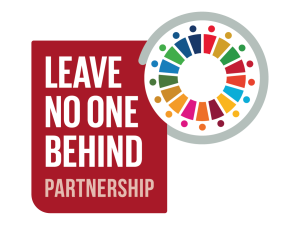15 October 2020
One of our goals as Robert Bosch Stiftung is to help reduce inequality and enable a life in dignity and with equal rights for all. However, inequality is a complex and multilayered issue: Different forms of inequality and exclusion interact and lead to multiple barriers regarding access to opportunities and resources faced by those experiencing marginalization.
These intersecting inequalities and their drivers need to be better understood through developing a robust evidence base and by strengthening the link between research, policy and practice. Disaggregated data and efforts to reveal lived experience are key for creating a better knowledge base of the multi-dimensionality and root causes of inequality. Since this sort of data and evidence is lacking, we see citizen-generated data as a powerful and necessary means to fill this gap.
Generating community-driven data on marginalized groups and feeding the data into dialogues with local and national governments and the international community is a necessary step to make the implementation of the Sustainable Development goals more effective and more inclusive. As Robert Bosch Stiftung, we see the efforts made by the Leave No One Behind Partnership not only as a crucial building block for creating a knowledge base to tackle inequality more effectively, but also to increase the visibility of those most affected by inequality thus making voices heard and count in a true sense.









